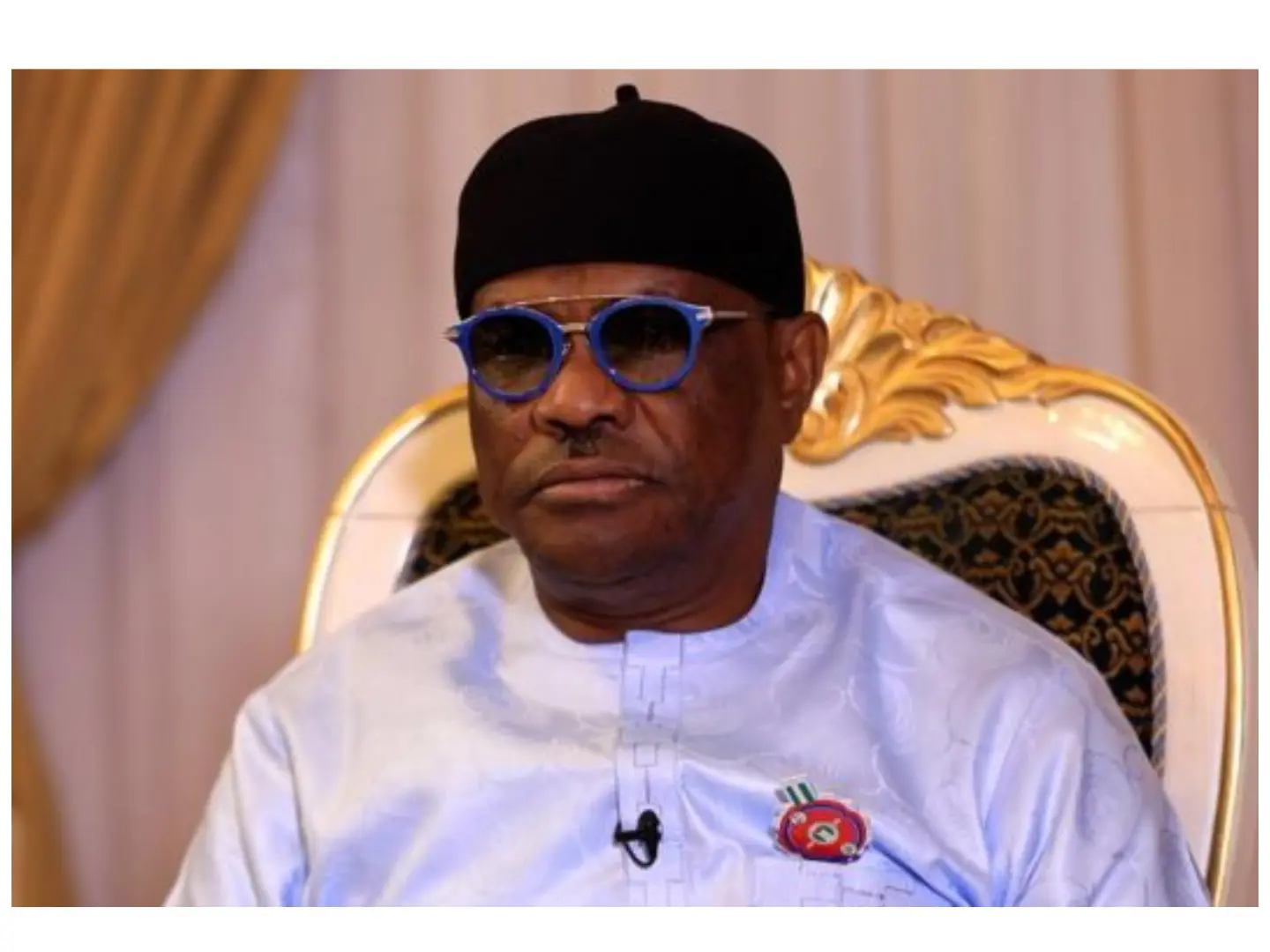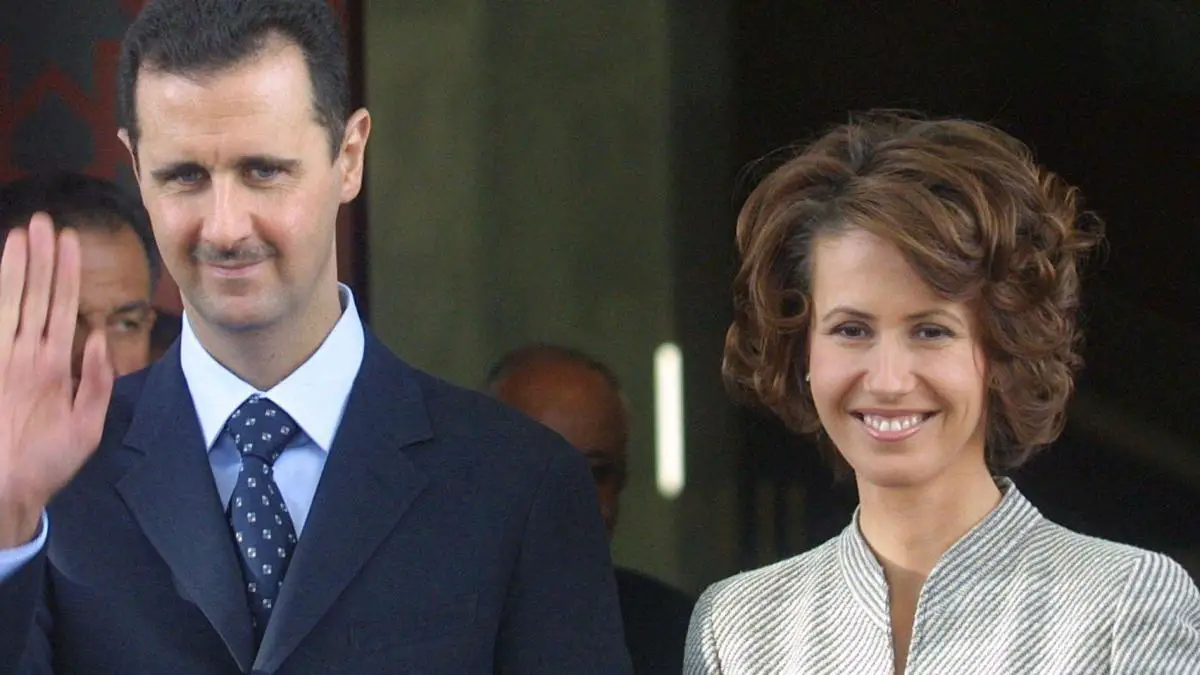
Rakhine was the site of a brutal crackdown on the Rohingyas by the military in 2017, leading to killing of some 10,000 men, women and newborns, and the exodus of nearly 750,000 community members – many of whom continue to languish in refugee camps in neighbouring Bangladesh.
“Rakhine state has once again become a battleground involving multiple actors, and civilians are paying a heavy price, with Rohingya at particular risk,” Volker Türk, UN High Commissioner for Human Rights said.
“What is particularly disturbing is that whereas in 2017, the Rohingya were targeted by one group, they are now trapped between two armed factions who have a track record of killing them. We must not allow the Rohingya to be targeted again.”
Widespread fighting
The breakdown of a year-long informal ceasefire between the military and the Arakan Army (AA) last November has plunged 15 out of Rakhine’s 17 townships into conflict.
The military’s loss of territory to the AA in northern and central parts of the province has led to intensified fighting in the townships of Buthidaung and Maungdaw, setting the stage for a potential battle for the state capital, Sittwe.
The presence of large Rohingya populations in these areas further exacerbates the risks faced by civilians.
Forced conscription by military
“Facing defeat, the military has outrageously started to forcibly conscript, bribe and coerce Rohingya into joining their ranks,” Mr. Türk said.
“It is unconscionable that they should be targeted in this way, given the appalling events of six years ago, and the ongoing extreme discrimination against the Rohingya including the denial of citizenship”.
Reports also suggest that both Rohingya and ethnic Rakhine villagers have been coerced into burning each other’s homes and villages, escalating tensions and violence.
OHCHR is trying to verify the reports, a task complicated by a communications blackout throughout the state.
Alarm bells ringing
The High Commissioner also cited widespread disinformation and propaganda, pointing to claims that so called “Islamic terrorists” have taken Hindus and Buddhists hostages.
“This was the same kind of hateful narrative that fuelled communal violence in 2012 and the horrendous attacks against the Rohingya in 2017,” he said.
“Countries with influence on the Myanmar military and armed groups involved must act now to protect all civilians in Rakhine state and prevent another episode of horrendous persecution of the Rohingya,” he urged.







